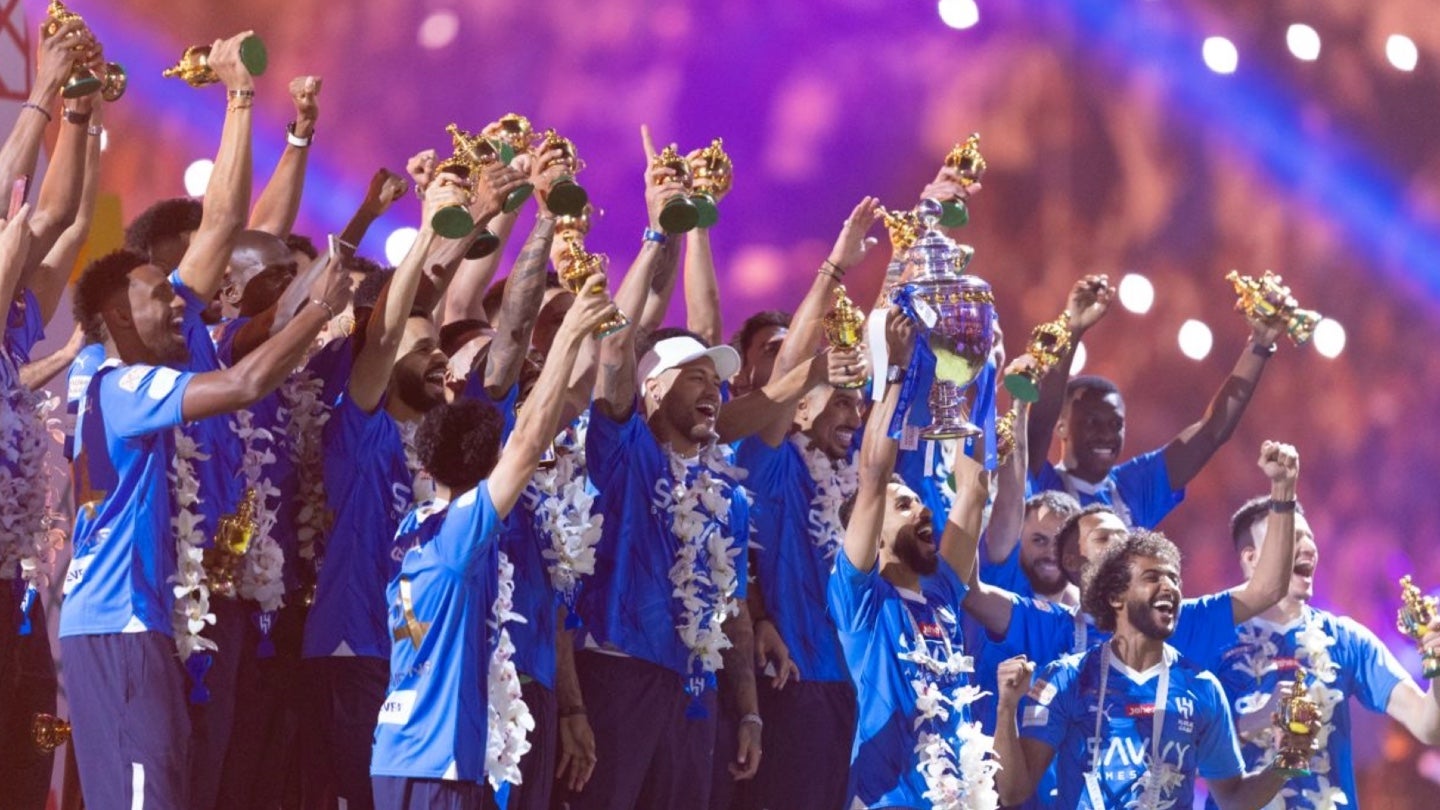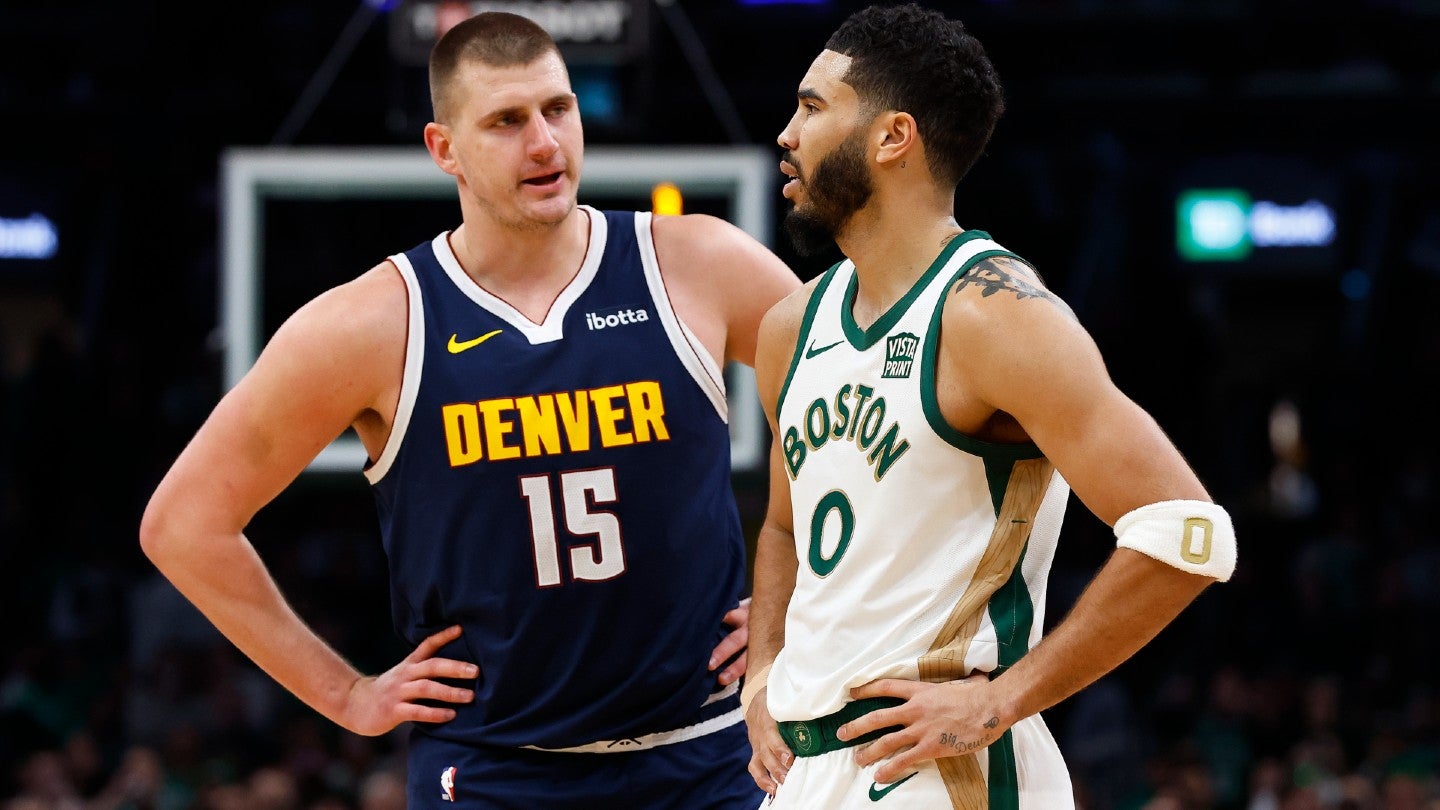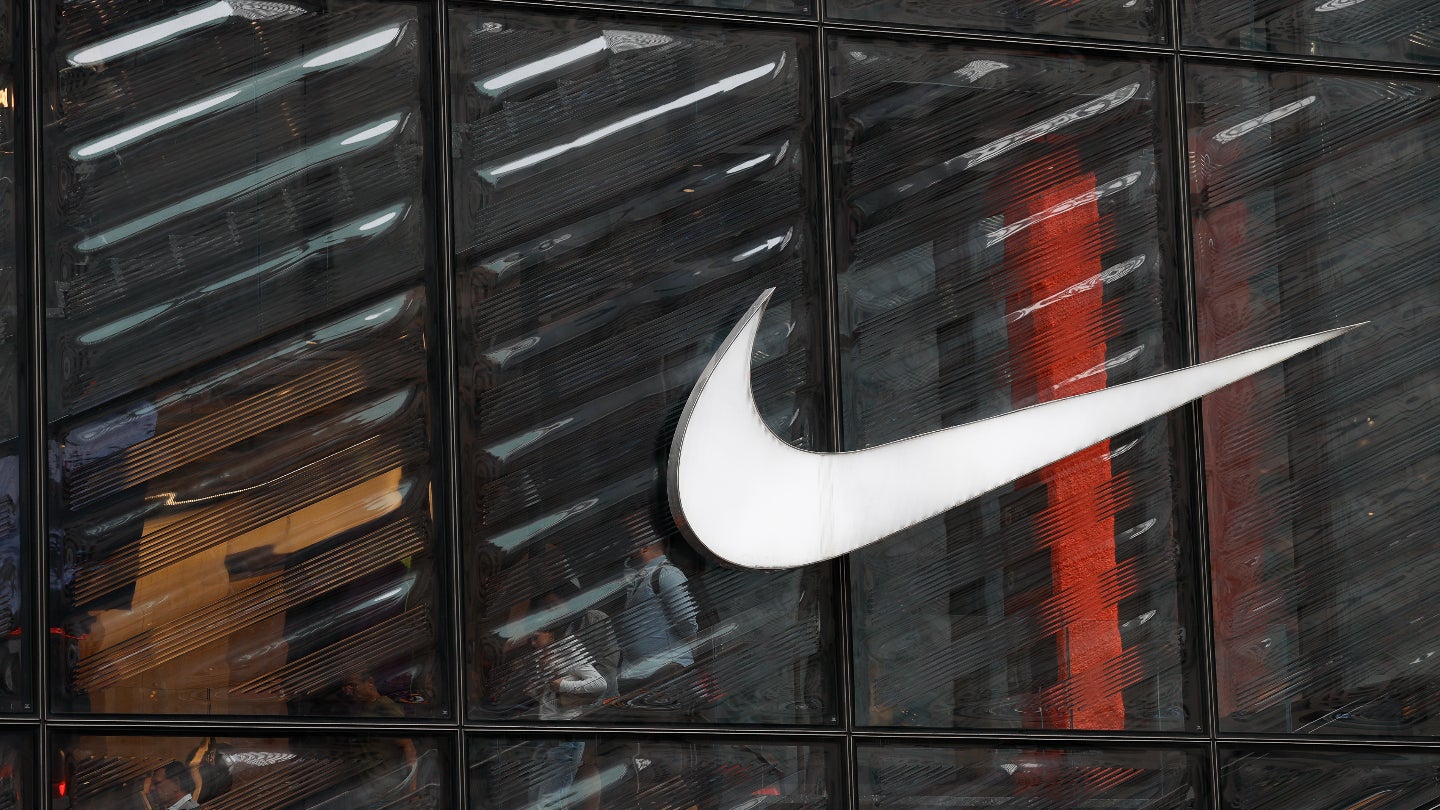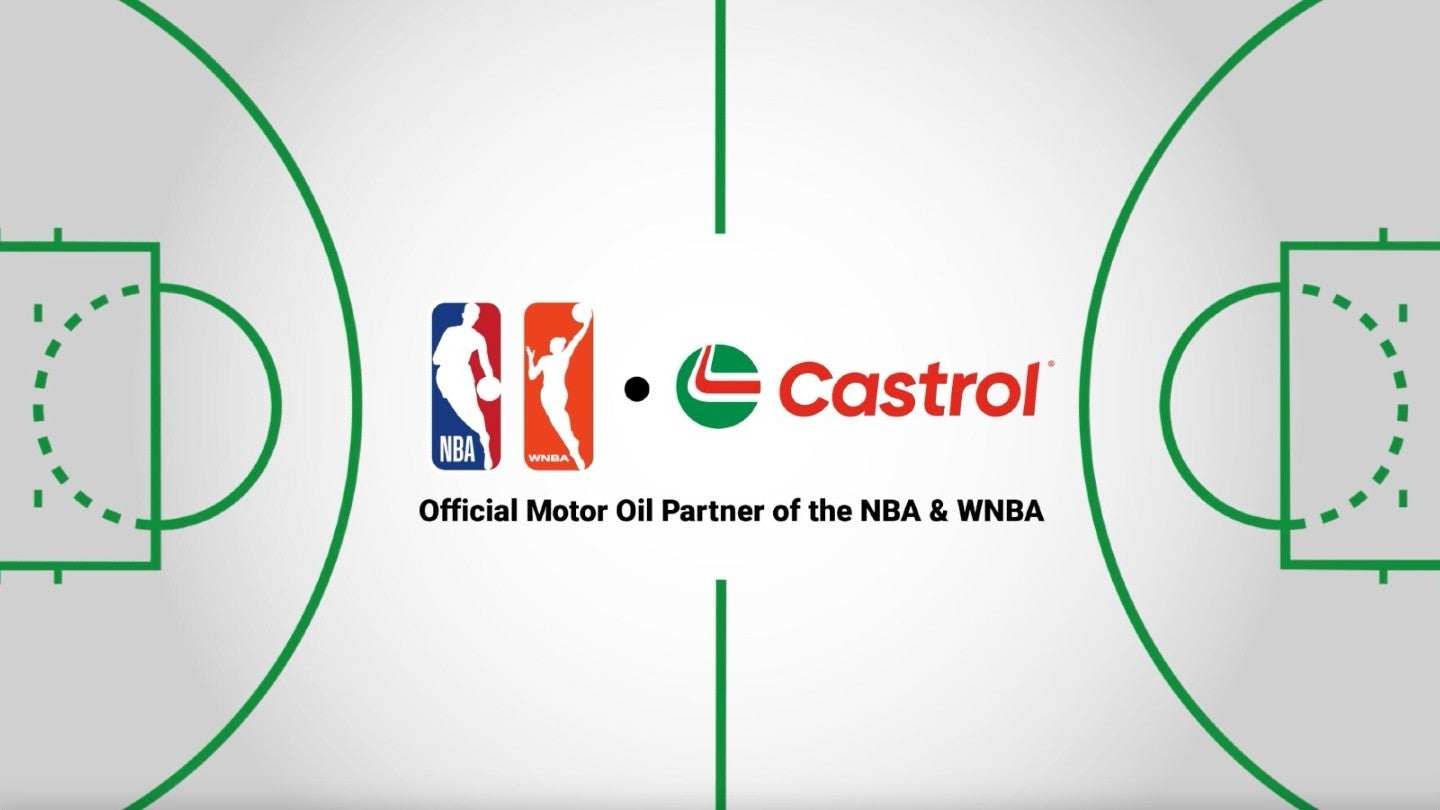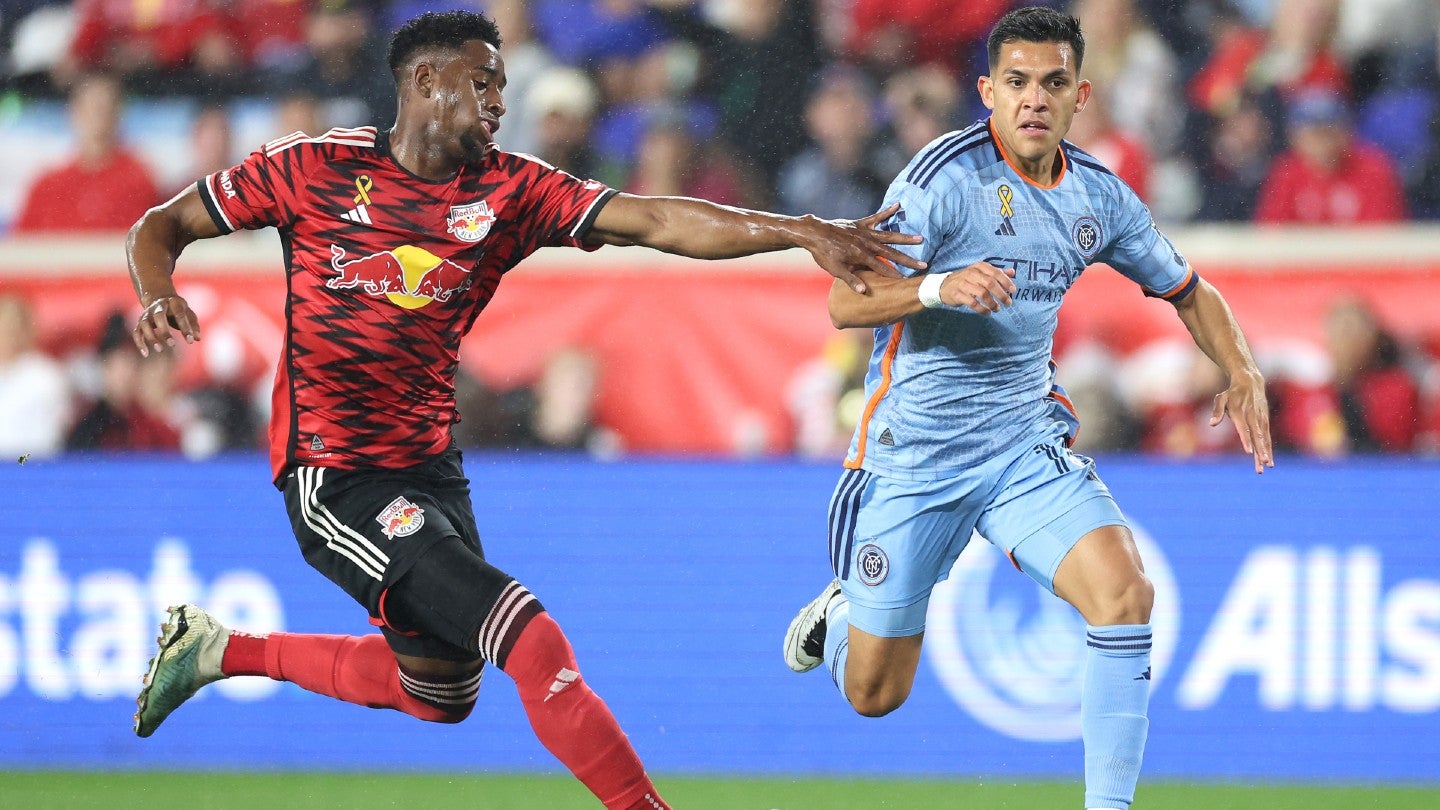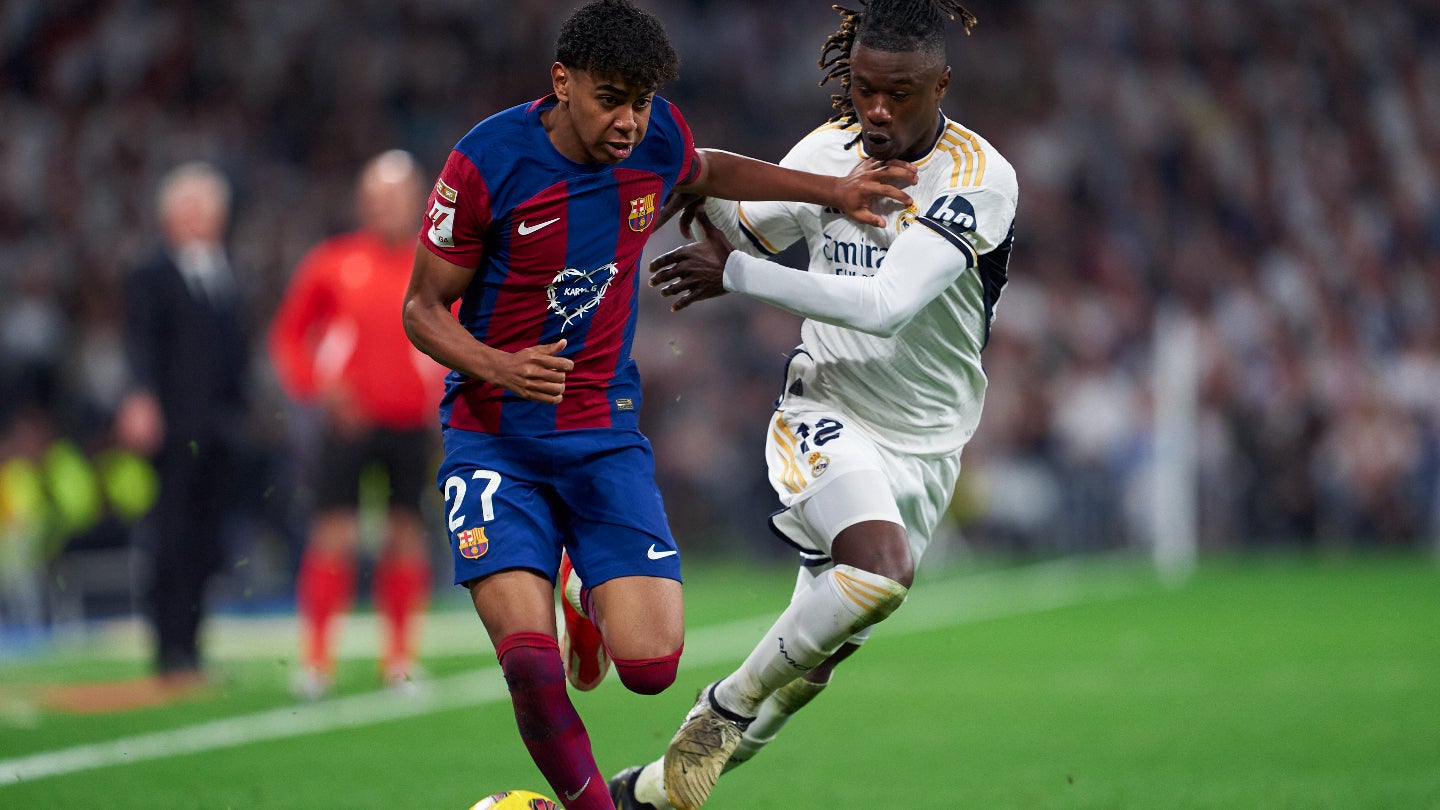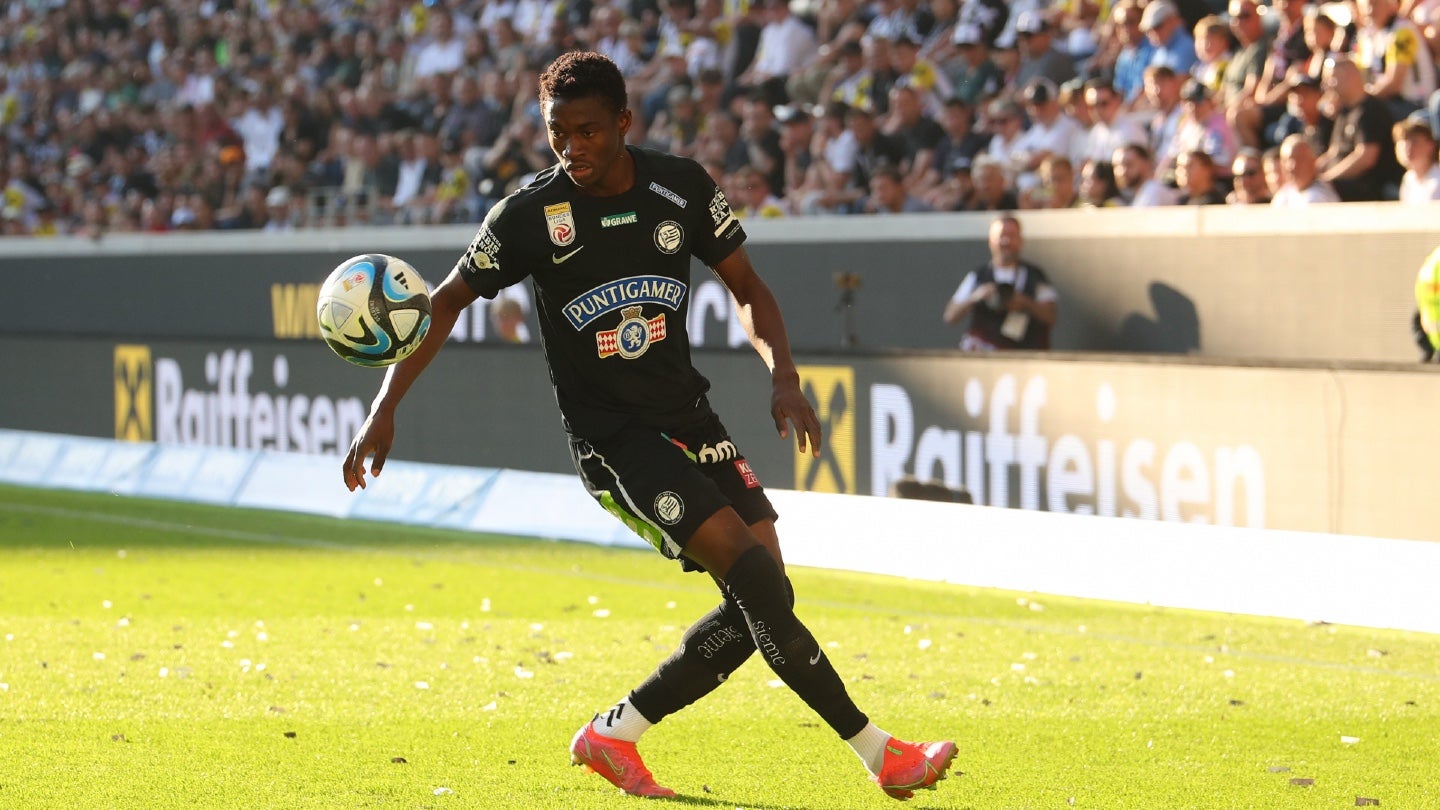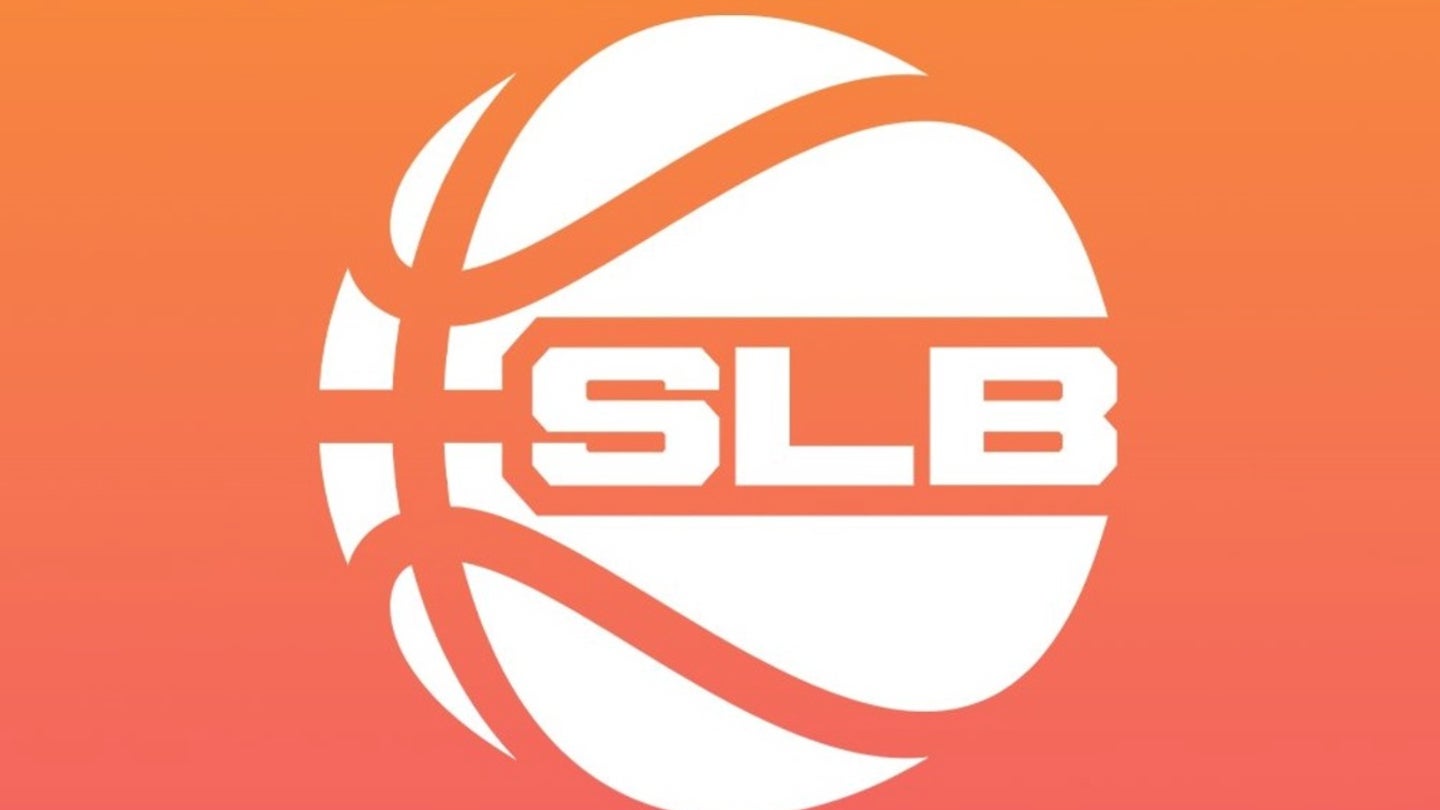Whatever side of the debate around Saudi Arabia’s now-widespread involvement in global sports one happens to fall on, there is no denying that the Saudi Pro League (SPL) top-tier soccer competition has provided some of the biggest storylines from a sports business perspective over the last two years.
Over recent player transfer windows, there has been a steady increase in the number of well-known icons (and managers) who have come into the league from more traditional competitions, bringing more international attention to the SPL.
As with any sporting property, an increase in global appeal brings widespread opportunity - the SPL has seen an increase in commercial activity such as brand partnerships, and a substantial rise in the league’s social media presence.
One of the most notable aspects of the competition’s growth, however, has been its international broadcast footprint. Indeed, the 2024-25 season of the 18-team SPL, which got underway in late August and runs through next May, is being aired in more than 165 countries on 43 global platforms.
Many of those recent broadcast agreements have been struck by IMG, the heavyweight sports marketing agency that now has a full production and international distribution remit covering the SPL, through a range of separate agreements.
Indeed, such is the agency’s deep involvement with the league that last month it enlisted Alamiya Media, the Saudi-based production facilities company, to provide additional facilities and resource services for its coverage of both the SPL and Saudi Arabian Football Federation (SAFF) games.
IMG is currently producing three matches out of nine each gameweek, with English-language commentary, for an international audience, and also producing all nine games each matchday for Saudi Sports Channel, the league’s principal domestic partner.
In addition, in terms of distribution, the agency is also producing a weekly English-language highlights show from its Stockley Park facility in London, UK.
The five-year production deal was unveiled in late July and not only covers the SPL, but also the Kings Cup and Saudi Super Cup knockout competitions.
Turning to media rights sales and distribution, meanwhile, IMG holds that remit through 2024-25, with a deal to that effect having been unveiled in June last year.
Two of the key IMG figures now involved in growing the international profile of the Saudi league through TV exposure are Barney Francis, the agency’s executive vice president for global production, and Robert Klein, IMG Media’s managing director for football who previously worked as head of the Bundesliga International division of the top-tier German Bundesliga.
Between them, they are essentially in charge of producing and showcasing what the SPL has to offer in the most profitable and professional way.
Now, around a month into 2024-25, they have spoken to Sportcal (GlobalData Sport) on the topic, explaining the challenges involved in working with a league very much still in the growth phase, and analyzing what steps need to be taken next.
Francis - whose experience in the field comes following 11 years as the managing director of UK pay-TV heavyweight Sky Sports - starts by assessing the ambition of the SPL hierarchy when it comes to broadcast production of games.
He says: “The SPL are cognizant of the need to have a great product … There’s no point having teams of global superstars if the broadcasting isn’t up to the standard of other leagues, because then that affects the ability to sell rights.
“They’re progressive in their ambition - they’re not messing around - and want to get the product better. They’re completely aware of the need to improve some infrastructure - our job is to bring up the general standard, both from an infrastructure and personnel point of view.
“We share the ambition to elevate this as quickly as possible.”
He adds that through the first few weeks of 2024-25, “the partnership is about everybody familiarising themselves with ways of working, gaining a base level of a high standard and improving it incrementally.
“We’re now embedded into their offices, based there, talking to them all the time about how to improve the product.
“Selling soccer leagues is a very competitive space - in most territories, they buy their own leagues first and then - on today’s evidence - buy the English Premier League, and then have a whole host of other options. There is an appetite, but the product has to be right.”
Francis feels that, on the subject of areas where more experience will result in a better output, IMG’s job is to use its know-how from years of production work across other top-tier soccer properties (such as the English Premier League) to assist the local teams.
The level at the moment, he says, is “decent”, but adds that the staff “just haven’t had the same ingrained training as Sky staff for the EPL, for example … If people are maybe just one or two seconds off in terms of timings, that’s the help we’ll bring through training and development.”
While there is currently no remote production capability, that is another area where the SPL and IMG are working hard to bring about results, with Francis saying the hierarchy wants this achieved as soon as possible.
From a media rights and distribution point of view, meanwhile, Klein feels that in a relatively short space of time (compared with other soccer leagues), the SPL has “already got a very good footprint.
“The current distribution level provides solid coverage … and it’s not just about the numbers, it’s also about the quality of the partners - DAZN in multiple territories [such as the UK, Ireland, Germany, Austria, Belgium, and Canada], Canal Plus [France and Africa}, for example,” he says.
In terms of recent activity on that front, late last month, a deal was struck in Norway with Viaplay, while September also saw a strategic content partnership unveiled with short-form video platform TikTok.
He adds that the league’s organizers are also ambitious in this regard too, and would like - reasonably quickly - to hit 180 or 200 countries in terms of broadcast markets.
One issue with a sports property looking to grow so quickly on the one hand and yet secure long-term value on the other could potentially be signing deals it rapidly outgrows.
For Klein, one way to avoid this issue is making sure prospective broadcast partners are offering not only the right monetary value but also “the right care and quality of broadcast - not just for live assets but also highlights and localized content. In those circumstances, that would lead us down a long-term path.
“If the league’s ambition is not matched [by the broadcaster] in terms of the content we’re giving to them - if some of the assets are not being utilized, this is not the right partner for us. These are intense discussions, it’s not just about the money.”
Both Klein and Francis are appreciative of the multi-aspect nature of IMG’s current relationship (at least for the next season) with the SPL.
As the former Bundesliga executive points out: “Being able to have in-house production teams means we can start providing more localization and customization depending on the requests [from different media partners].
“There’s crossover with production … being globally present as we are, means we already understand each local market and what its needs are, and we can then translate that back to the SPL and our production team.”
This enables IMG to pivot smoothly regarding the different customizations and localisations that some partners are now asking for when it comes to SPL coverage.
Klein also feels that, in terms of the metrics of both broadcast coverage and production, the SPL is already ranking up there with other renowned soccer leagues worldwide.
He says: “With the broadcast distribution we have right now, that level clearly states this is already a serious league - both from demand and distribution. When you compare it to others via certain metrics, it is already a top-10 league and maybe higher. That’s in a short space of time."
Klein adds: “All these leagues are competing not just amongst themselves, but also against the growing number of non-sports digital entertainment platforms.
“The digital engagement numbers we have … that growth compares favorably with leagues on a global basis."
In terms of working with the league and its personnel, meanwhile, both Klein and Francis are definitive about wanting to help develop the capabilities of the in-country professionals in the broadcast production sector.
Klein says: “IMG has been up-skilling and training locals, which is absolutely fine by us, leading to a local growth of talent who can work with us further down the line.”
Francis adds: “The SPL are partners and we have to show that mentality, which is why we’re embedded into their offices, based there, talking to them all the time about how to improve the product.
“Our commitment includes providing training for existing staff and also bringing through the next generation of Saudi nationals in the broadcast production industry.”
“Everybody’s very capable, but it’s just about pushing the overall level up a little.”
This is from a holistic perspective - the consultation provided by IMG experts has touched on all areas of broadcast production for top-tier soccer - including the lighting in stadia, the facilities around the broadcast compounds, etc - and has involved much more than simply importing IMG personnel who have worked on other competitions.
And nor is the agency trying to establish a false narrative around the on-field level currently on-show in the SPL, Francis explains.
“What we’re not doing is instructing commentators to tell a false narrative - they’re calling the games as they see them.
“The on-pitch action doesn’t need false embellishment. That’s not what we’re doing. We’re not going into superlatives, there are enough great players where the stories speak for themselves.”
While a range of sporting properties in their initial growth phases over the years have had accusations of trying to paint too rosy a picture thrown at them, he insists that is not the case with the SPL.
“Present what you see, the most important thing is to simply tell the story of what’s happening in each game,” he states.
“This is a league which has been around a while and is growing, and where they want interest to grow - our part of that is simply to provide accurate telling of the story.”


